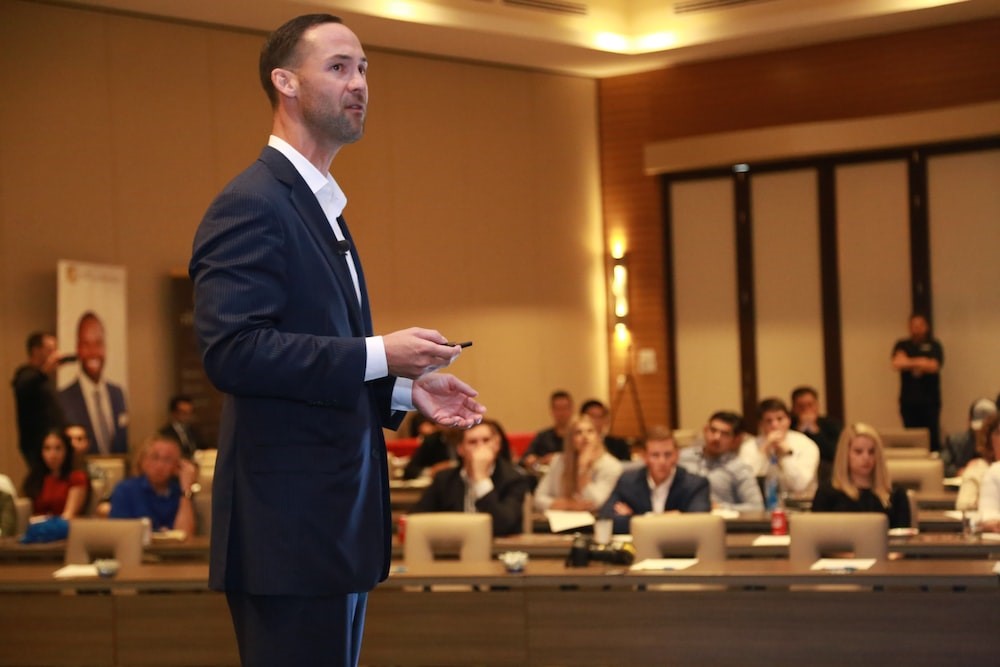
Published — August 17, 2022
The following post does not create a lawyer-client relationship between Alburo Alburo and Associates Law Offices (or any of its lawyers) and the reader. It is still best for you to engage the services of your own lawyer to address your legal concerns, if any.
Also, the matters contained in the following were written in accordance with the law, rules, and jurisprudence prevailing at the time of writing and posting, and do not include any future developments on the subject matter under discussion.
After reading “Which courts or tribunals have jurisdiction to hear employment-related complaints?”, read also “Who has jurisdiction to determine the legality of a strike or lockout?”
-
The existence of an employer-employee relationship between the parties is a jurisdictional requisite for the exercise of jurisdiction over a labor dispute by the Labor Arbiter or any other labor tribunals.
-
If there is a reasonable causal connection between the claim asserted and the employer-employee relationship, then the case is within the jurisdiction of labor courts.
-
In the absence of such nexus, it is the regular courts that have jurisdiction.
-
Not every controversy or money claim by an employee against the employer or vice-versa is within the exclusive jurisdiction of the labor arbiter.
-
Actions between employees and employer where the employer-employee relationship is merely incidental and the cause of action precedes from a different source of obligation is within the exclusive jurisdiction of the regular court.
The existence of an employer-employee relationship between the parties-litigants, or a reasonable causal connection to such relationship, is a jurisdictional requisite for the exercise of jurisdiction over a labor dispute by the Labor Arbiter or any other labor tribunals. (Chan, Bar Reviewer on Labor Law, 2019, p. 830.)
The law says:
ART. 224. [217] Jurisdiction of the Labor Arbiters and the Commission. – (a) Except as otherwise provided under this Code, the Labor Arbiters shall have original and exclusive jurisdiction to hear and decide, within thirty (30) calendar days after the submission of the case by the parties for decision without extension, even in the absence of stenographic notes, the following cases involving all workers, whether agricultural or non-agricultural:
(1) Unfair labor practice cases;
(2) Termination disputes;
(3) If accompanied with a claim for reinstatement, those cases that workers may file involving wages, rates of pay, hours of work and other terms and conditions of employment;
(4) Claims for actual, moral, exemplary and other forms of damages arising from the employer-employee relations;
(5) Cases arising from any violation of Article 264 of this Code, including questions involving the legality of strikes and lockouts; and
(6) Except claims for Employees Compensation, Social Security, Medicare and maternity benefits, all other claims arising from employer-employee relations, including those of persons in domestic or household service, involving an amount exceeding five thousand pesos (P5,000.00) regardless of whether accompanied with a claim for reinstatement.
(b) The Commission shall have exclusive appellate jurisdiction over all cases decided by Labor Arbiters.
(c) Cases arising from the interpretation or implementation of collective bargaining agreements and those arising from the interpretation or enforcement of company personnel policies shall be disposed of by the Labor Arbiter by referring the same to the grievance machinery and voluntary arbitration as may be provided in said agreements.
What is the Reasonable Causal Connection Rule?
Jurisprudence says:
Under this Rule, if there is a reasonable causal connection between the claim asserted and the employer-employee relationship, then the case is within the jurisdiction of labor courts; in the absence of such nexus, it is the regular courts that have jurisdiction. (Philippine Airlines, Inc. v. Airline Pilots Association of the Philippines, G.R. No. 200088, February 26, 2018)
Who has jurisdiction over a complaint which requires the application of general civil laws?
Jurisprudence says:
Where the resolution of the dispute requires expertise, not in labor management relations nor in wage structures and other terms and conditions of employment, but rather in the application of the general civil law, such claim falls outside the area of the competence of expertise ordinarily ascribed to the Labor Arbiter and the NLRC. (Indophil Textile Mills, Inc. v. Adviento, G.R. No. 171212, August 04, 2014)
What if the employer-employee relationship of between the parties are merely incidental to the relief sought?
Jurisprudence says:
“Not every controversy or money claim by an employee against the employer or vice-versa is within the exclusive jurisdiction of the labor arbiter. Actions between employees and employer where the employer-employee relationship is merely incidental and the cause of action precedes from a different source of obligation is within the exclusive jurisdiction of the regular court.” (Trifon Tumaodos v. San Miguel Yamamura Packaging Corporation, G.R. No. 241856, February 19, 2020)
Alburo Alburo and Associates Law Offices specializes in business law and labor law consulting. For inquiries, you may reach us at info@alburolaw.com, or dial us at (02)7745-4391/0917-5772207.
[email-subscribers-form id=”4″]


